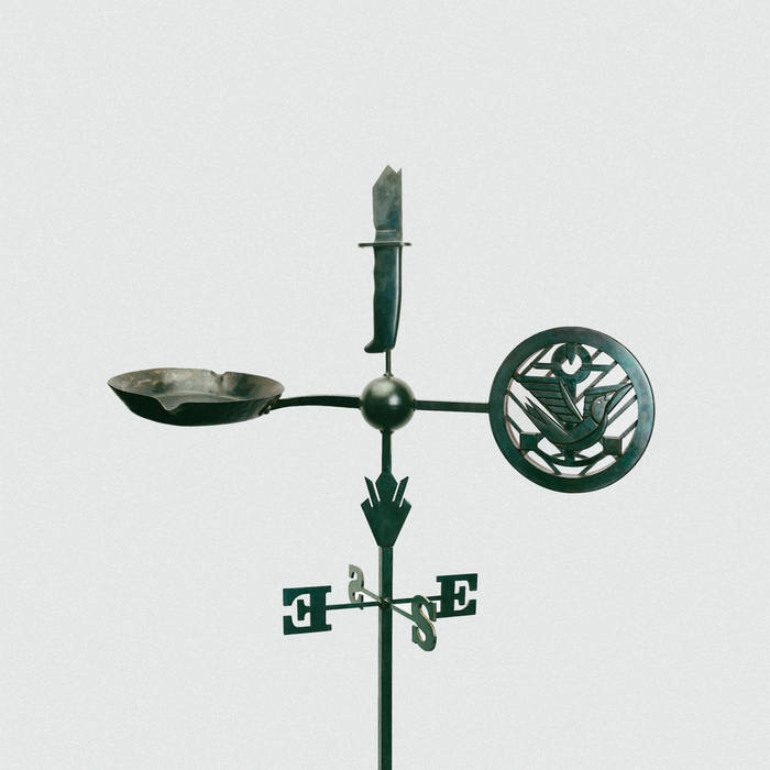

Powerfully relevant, heart-wrenchingly personal
Jason Isbell and the 400 Unit’s latest release Weathervanes opens with the single “Death Wish.” A guttural reckoning of youthful innocence gone awry; the promise of a future tainted with the reality that “your words mean nothing.” On the track, Isbell wracks against the notion of easy love and compares it to the journey of an addiction can take someone on. The longing to “hold her until it’s over” but finding her close to death on the roof of a building. In a sense, the battle is more with himself than it is so much the subject of the song or the substance causing the addiction. Just how far someone is willing to go to love the person they love and the reality that behind it all is the possibility of a never forever. The song leads with a deep vocal line, steady acoustic strumming and solid kick drumbeats. It carries a rhythmic subtlety that builds in intensity as Isbell reckons with his decisions.
In the “Middle of the Morning” Isbell is awaiting the day when he no longer is the man “stepping” on someone else’s shadow. It is a man’s solemn declaration of trying to be truthful in what it means to be better. Rather than giving up, Isbell acknowledges the hard realities that come with creating a lack of trust and faith in himself in other people. Instead of giving into the darkness, he continues to push towards the light, even if he finds himself crying in the night.
Addressing gun violence in “Save the World,” Isbell faces the modern realities of living in a country where classrooms become slaughterhouses. The very post-traumatic stress that occurs in the lives of the living because of this overwhelming fear and new reality of the possibility of not making it home from school. As a parent, the harsh realities in questioning whether to keep a child home from school and teaching them to fight instead of being excited about going back to school is desperation. It is an open call to the younger generation to please save the world “when I lose my grip.” It is as if the generational gap is no longer just a decade into another but an age of children whose childhoods are bludgeoned in bloodshed. A controversial topic ensconced in a sonder vocal performance; Isbell leans away from would-be political party-lines in musical genres. As a traditional Americana and Folk performer he leans on his roots and says enough is enough.
Further on, he addresses the death of his parents in “Volunteer,” an abortion that made him question the sanctity of his faith in “White Beretta” and the wretched things we do to each other in “Miles.” Isbell and the 400 Unit manage to navigate the troubled waters of time through their music. An album with a smooth electric glide interweaved into the Americana style that has earned him 4 Grammys, Isbell manages to make providing something for all listeners look like an easy feat.
